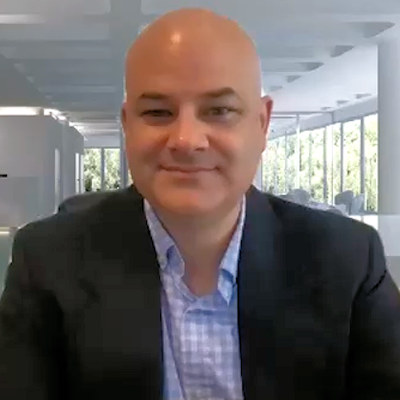June 25, 2021 -- Mentorship in the sciences is about making sure the next generation has the skills needed to be successful and to take science to the next level, explained Michael Howell, PhD, during a recent conversation with ScienceBoard.net.
In an earlier discussion, Howell, who currently serves as the chief scientific officer at DermTech, explained why mentors are essential during every stage of a scientist's -- or any professional's -- career journey. Now, he dives into what it takes to be an effective mentor.
According to Howell, mentorship is the center point for the advancement of medicine and science. And central to this idea is effective communication. When a mentee, who may be an advisee or peer, comes to you, they may be seeking advice on their journey, or help in identifying the pinch points that are troubling them.
Conversations with mentees may vary slightly depending on if they are working to advance their academic career, versus someone looking to transition into industry, or even an individual who has identified early on that they want to pursue an industry career.
For instance, an academic mentee may need assistance in securing funding or applying for awards, whereas an industry mentee will need exposure to technology and businesses outside of their areas of expertise.
However, at the root, the motivations are essentially the same, Howell explained. Through discussions with a mentee, a mentor should strive to provide opportunities for mentees to build their own reputations and recognition in order to open doors that will help them get to where they want to go. After discussing their goals, a mentor should help their mentees get the proper exposure and assist mentees in identifying what steps need to be taken to help them reach their goals.
One of the keys to being an effective mentor is the ability to create a supportive environment for the individuals you are working with, Howell said.
"We are all part of a bigger team," he continued.
This mindset is crucial for being an effective mentor. As an adviser, the individual must view the investment in time and effort as a direct reflection of themselves. In this way, the successes of the mentees are representative of the impact of the mentor, however any failures may also be attributed to a lack of proper guidance.
Therefore, Howell explained that he takes time to meet with his mentees one-on-one to have open discussions. In these conversations, he not only advises the mentee, but is also open to the idea of making tweaks in the system to help that individual. This type of rapport helps build the individual's confidence and demonstrates that the mentor is considering the whole individual and not just their contributions to the team.
Howell closed by stating that the one thing that mentors should never do is discourage anyone. We are all in science to uncover something new and help people, he said. So, mentors should never dissuade an individual from pursuing an idea, but he noted that there may be opportunities to refine their vision. This may mean helping that individual identify a path that they are better suited for and one where they are more likely to succeed.
Helping mentees in this way can be an extremely rewarding process. The accomplishments of mentees are a testament to what someone can accomplish when they set their minds to something. "Mentors just happen to be a part of their journey as they go through the process," Howell said.
Copyright © 2021 scienceboard.net









